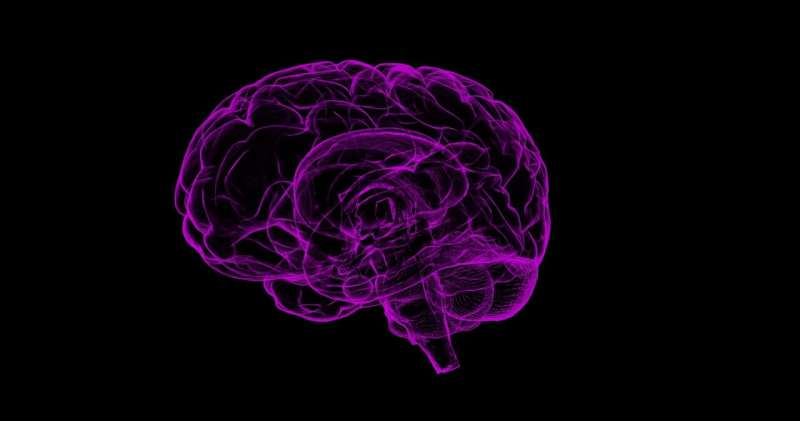Study reveals breakthrough in understanding long-term memory retrieval

There have been many famous duos throughout history: Sonny and Cher. Batman and Robin. Penn and Teller.
But a researcher at UNLV has been working with a lesser-known pair—the hippocampus and the anterior cingulate cortex (ACC)—and has discovered a novel method for how these two parts of the brain work together to retrieve long-term memories.
After four years of extensive lab testing and data analysis, James Hyman, a psychology professor at UNLV, and graduate student Ryan Wirt, have found that the ACC plays a greater role in long-term memory retrieval than previously thought. Existing research has well established the process of consolidation—the transference of memory dependence from the hippocampus to the ACC—but what is not known is what happens when a person recalls that consolidated memory at a later date.
Hyman's research shows that brain waves between the ACC and the hippocampus become synchronized, with the ACC strongly influencing its counterpart when a memory is being recalled after a period of about two weeks. In long-term memory retrieval, their study finds that the hippocampus—which is active when the memory first arrives in the brain—becomes like the wooden toy Pinnochio, and now needs the ACC to operate its strings.
"This is a new mechanism for memory retrieval and a significant advancement in our understanding of how we recall the past," Hyman said. "It's very exciting because it opens up new windows into understanding how our brains process and access older memories, and could have implications for future studies."
The research was published this month in Cell Reports and Hyman believes it could have future implications for the treatment of Alzheimer's disease and other forms of dementia.
As patients transition from mild cognitive impairment to Alzheimer's, Hyman said, losing the ability to recall long-term memories is one of the hallmark symptoms.
"Our research opens up potential new avenues to explore why certain dementias and disorders lead to problems recalling long-term memories, which could help pave the way for future treatments that might be able to restore this ability to afflicted individuals," he said.
The paper "ACC theta improves hippocampal contextual processing during remote recall" appears in the May 21 issue of the journal Cell Reports.
More information: Cell Reports (2019). DOI: 10.1016/j.celrep.2019.04.080



















